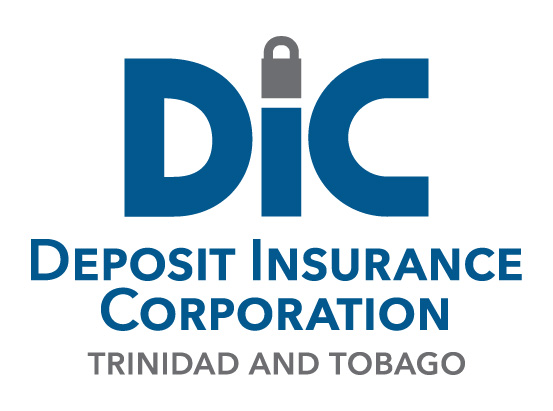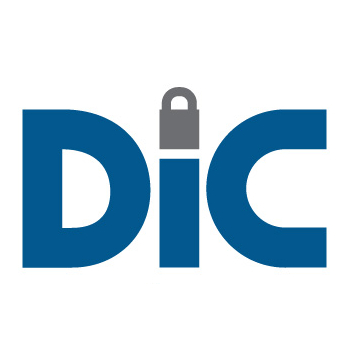The liquidator has to take control and then secure, realize and monetize the assets of a company prior to any distribution. The company’s size, composition, complexity and location of the assets, the length of time it takes to liquidate the assets, quality of records and the number of creditors are just some of the elements which can affect when payment is made.
Frequently Asked Questions
Did You Know?
- Misconception: Beneficiaries under all trust account arrangements are insured separately. - Fact: The interests held by beneficiaries established under an irrevocable express trust account are insured separately up to the maximum TT$200,000 prescribed limit. Additionally, interests in accounts held by the Settlor, Trustee or Administrator of an irrevocable trust account are insured separately from the interests of the beneficiaries named under …




